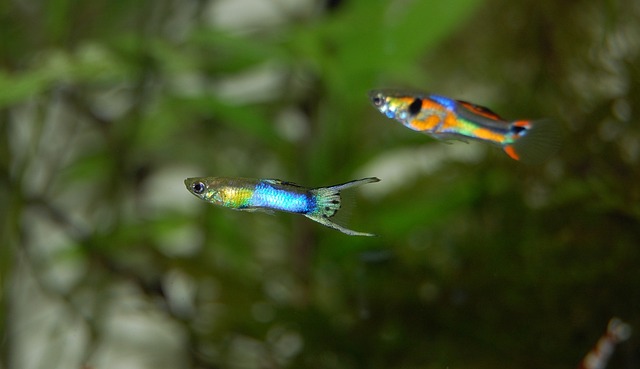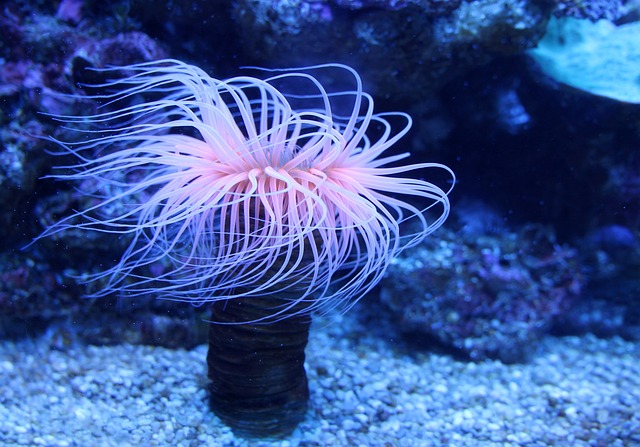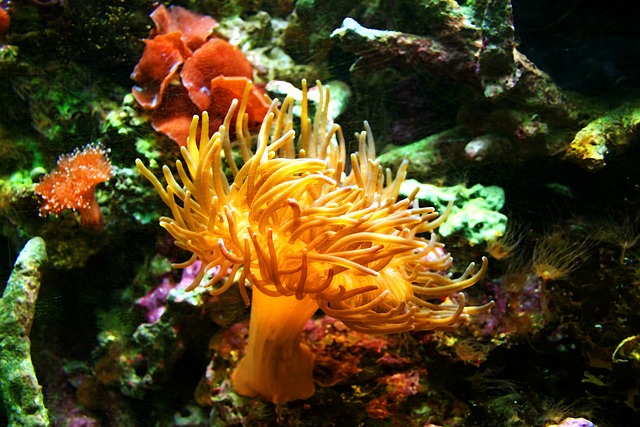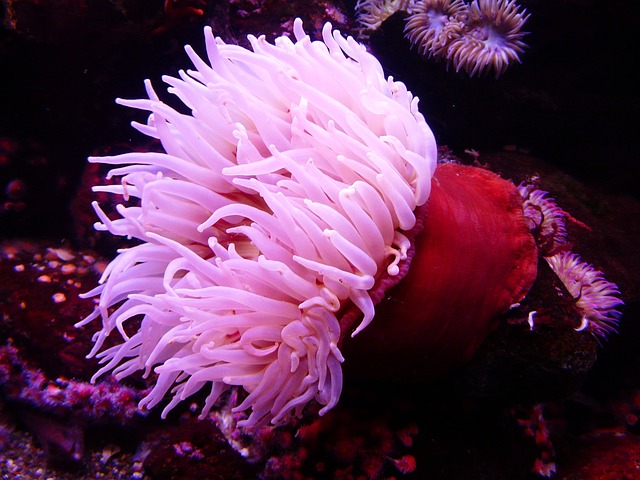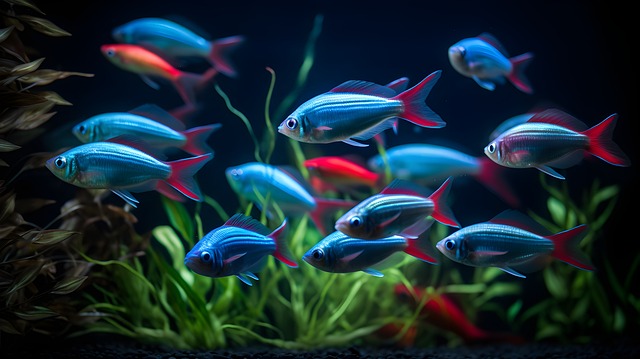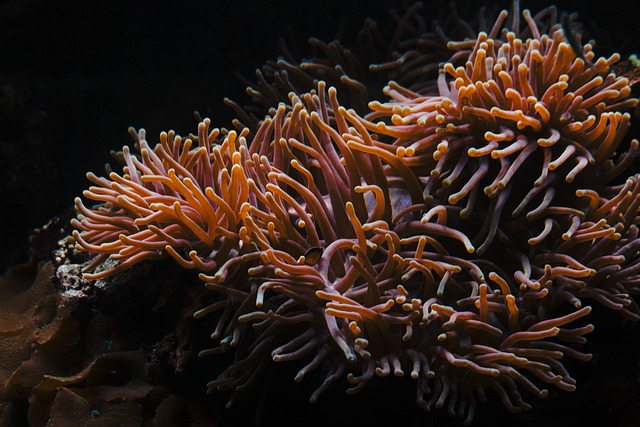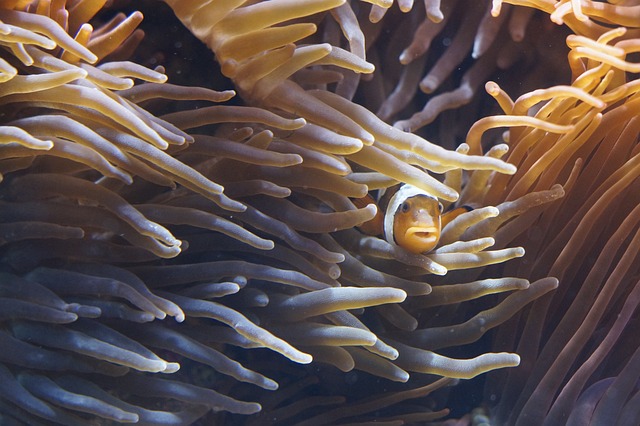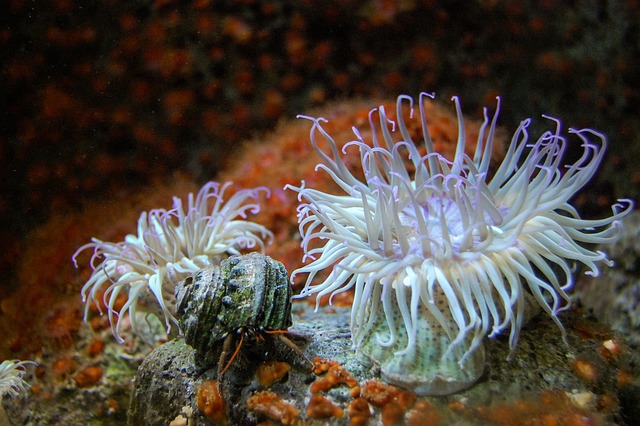Guppies are one of the most popular aquarium fish in the world. They are easy to care for, come in various colors, and are known for their lively personalities. However, many aquarium owners are unsure whether their guppies can tolerate salt.
Salt is often used in aquariums to treat diseases and prevent the growth of harmful bacteria. However, some fish are more sensitive to salt than others. This article will explore whether guppies can tolerate salt and what you need to know if you want to add salt to your guppy tank.
Guppies and Salt
What is the salt tolerance of guppies?
Guppies, also known as million fish, are a popular aquarium species native to South America. They are known for their vibrant colors, active nature, and ease of care. However, one question that often arises among aquarium enthusiasts is whether guppies can tolerate salt in their water.
Guppies are a freshwater fish species, but they can tolerate a small amount of salt in their water. According to experts, guppies can tolerate up to 1 tablespoon of aquarium salt per 5 gallons of water.
However, it’s important to note that not all guppies have the same salt tolerance level. It depends on the fish’s strain, age, and overall health.
How does salt affect guppies?
Salt can have both positive and negative effects on guppies. On the one hand, it can help prevent and treat certain diseases, such as ich and velvet. On the other hand, salt can also help reduce stress levels in fish and improve their overall health.
On the other hand, too much salt can be harmful to guppies. It can damage their gills, kidneys, and other organs, leading to health problems and even death.
Additionally, salt can affect the pH level of the water, which can be stressful for guppies.
Maintaining the correct salt balance in the water is essential when keeping guppies. Adding too much salt can be dangerous, while not adding enough salt may not provide the benefits the fish need.
Aquarium enthusiasts should monitor the salt levels in their tanks and adjust accordingly to ensure the health and well-being of their guppies.
In conclusion, guppies can tolerate a small amount of salt in their water, but it’sessentialt to maintain the right balance. Adding salt can help prevent and treat diseases and improve the overall health of the fish, but too much salt can be harmful.
Aquarium enthusiasts should monitor the salt levels in their tanks and adjust accordingly to ensure the health and well-being of their guppies.
Benefits of Adding Salt to Guppy Tanks
Improved Health
Adding salt to a guppy tank can help improve the overall health of the fish. Salt can help regulate the osmotic balance within the fish’s body, which can help reduce stress and enhance the fish’s immune system. This can lead to healthier and more vibrant fish.
Reduced Stress
Salt can also help reduce stress in guppies. Adding salt can mimic the fish’s natural environment, which can help reduce the stress caused by changes in water chemistry or other environmental factors. This can lead to a more relaxed and happy fish.
Disease Prevention
Adding salt to a guppy tank can also help prevent the spread of disease. Salt can help kill off harmful bacteria and parasites that can cause illness in fish.
Additionally, the improved immune system of the fish can help fight off any potential infections or diseases.
Adding salt to a guppy tank can provide several benefits, including improved health, reduced stress, and disease prevention.
However, it is essential to note that not all fish can tolerate salt, and too much salt can harm some species.
It is essential to research and understand the specific needs of your fish before adding salt to their tank.
How to Add Salt to a Guppy Tank
Choosing the Right Type of Salt
When adding salt to a guppy tank, choosing the right type of salt is essential. Aquarium salt is a good choice for guppy tanks because it contains the necessary minerals and is free of additives that can harm fish. Avoid using table salt or sea salt, which can contain harmful additives or impurities.
Determining the Correct Amount of Salt to Add
The correct amount of salt to add to a guppy tank depends on the specific needs of the fish and the water conditions. A general rule of thumb is to add 1 tablespoon of salt for every 5 gallons of water. However, it’sessentialt to research the specific needs of guppies and adjust the amount of salt accordingly.
Gradually Introducing Salt to the Tank
When adding salt to a guppy tank, it’s important to introduce it gradually. Adding too much salt at once can shock the fish and cause harm.
Start by adding a small amount of salt, such as 1/4 of the recommended amount, and monitor the fish for signs of stress or illness. If the fish appear healthy, add salt until the desired level is reached gradually.
Adding salt to a guppy tank can benefit the fish’s health, but it’s essential to do so carefully and with the right type and amount of salt.
Potential Risks of Adding Salt to a Guppy Tank
Overdose of Salt
While adding salt to a guppy tank can provide some benefits, it is essential to be cautious about the amount of salt added. An overdose of salt can harm guppies and other fish in the tank.
Guppies are a freshwater species, and they are not adapted to live in a saline environment. If the salt concentration in the water is too high, it can cause dehydration, stress, and even death.
In addition, an overdose of salt can also harm the beneficial bacteria in the tank, which are essential for maintaining a healthy environment.
Salt Intolerance of Other Fish in the Tank
It is also essential to consider the salt tolerance of other fish in the tank before adding salt. Some fish, such as tetras and corydoras, are not salt-tolerant and can be harmed by even small amounts of salt in the water.
If other fish in the tank are not salt-tolerant, it is recommended to quarantine the guppies in a separate tank and add salt to that tank only. This will prevent harm to the other fish and allow the guppies to receive the benefits of salt without any negative consequences.
In conclusion, while adding salt to a guppy tank can provide some benefits, it is essential to be cautious about the amount of salt added and consider the salt tolerance of other fish in the tank. Overdose of salt and harm to other fish can be avoided by taking the necessary precautions.

